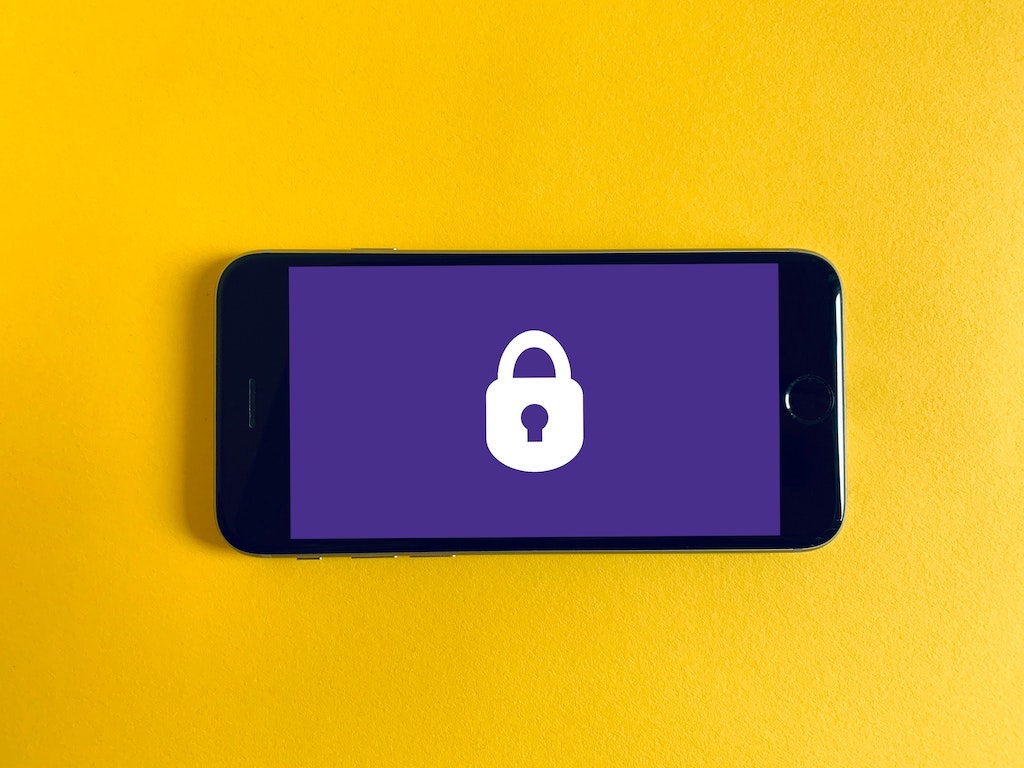SingaporeMotherhood | Parenting
April 2021
10 Crucial Online Safety Tips for Kids and Parents

Children these days are exposed to technology and social media early in life. But do they know about online safety? By four years of age, many already know how to unlock their parents’ phones and navigate YouTube to watch their favourite character videos. Unless you are able to monitor your child 24-7, it is quite impossible to ensure that they do not come in contact with a screen or a device, and consequently the internet, and all of its thrills and spills. What you can do, however is give your children the necessary know-how to keep themselves safe online.
We asked the authors of Ready, Get Set, Connect!, a cyber safety workbook for children (ages 8 and up). They recommend these top 10 ways to make sure we, and our young ones stay cyber aware and safe from online threats.
1. Don’t publish or post any personal information
The number one rule of online safety is to always keep personal information PRIVATE! That includes real names, birthdays, addresses, and any other identifiable information that could point to you or your family. In addition, you should avoid posting photos and videos of your young children on social media, especially if your profile is set to public.
2. Be careful of online strangers
There are numerous platforms that allow strangers to chat to one another, notably on multiplayer games and anonymous chat rooms such as Omegle. Let your children know that there is no need to chat with strangers, especially those whom they don’t know in real life. The danger of sexual predators and violent groomers is very real, and can infiltrate your home without your knowledge if your child doesn’t know how to recognise strange online behaviours.

3. Remember to be kind online (don’t become a cyber bully!)
It’s important to remind your child or teen that the person whom they’re talking to online is also a real person offline. It is too easy to send hateful messages and spread harmful gossip from behind the screen — even adults are susceptible to this! Teach your child to practice kindness and be thoughtful when they interact with others online so they don’t end up becoming a cyberbully themselves.
(See also: Depression in Children: Spot the Signs and Seek Help Now)
4. Free things come at a price
When things are offered for free on the internet, it usually comes at a price. Phishers offer free things in exchange for personal information, credit card details, or to install malware into the computer. Children are often vulnerable to scams involving cheat codes or free “money” for games, so do keep a lookout, especially if your child is an active gamer.
5. Use long, strong, and secure passwords for online safety
Practice creating long, strong, and secure passwords and NEVER use the same password twice! A good password is more than eight characters long (the longer the better) and has a mix of uppercase, lowercase, symbols, and numbers to make it strong. Remember to add extra security by enabling 2-factor authentication as well. (P/S See the book for a fun cipher game to create your own secure passwords!)

6. Don’t believe everything you read
From a young age, train your kids not to believe everything they read online. The internet is riddled with fake news and disinformation created by malicious groups to sway public opinions and spread anxiety. Teach your child to think critically and challenge them to consider the motivations someone might have to spread fake news.
7. What you post online will stay online forever
Pre-teens and teenagers who have grown up with smartphones and social media tend to act impulsively online and post whatever they feel like in the moment, without much thought of its consequences. They fail to understand that the photos, videos, and comments they post online will stay there forever. Remind them about this, and to think twice before posting anything.
(See also: Upcycled Craft Ideas for #stayhome Fun on Earth Day)
8. Make sure parental controls are on
An active part parents can play with keeping children safe online is to make sure parental controls are on. Most apps and games have parent settings that you can control, especially for children under 13.

9. Report to an adult
Encourage your kids to report any suspicious behaviour to you or to adults they trust, particularly in instances when they feel uncomfortable with cyberbullies and groomers. Teach them how to identify worrying behaviours and feel empowered to raise these to an adult when they need help.
10. Use critical thinking and question everything
The most important rule for online safety is to use critical thinking and question everything. When kids learn to do this in practice, they’ll learn to question the motives of strangers chatting to them or think before they click on a free offer to download a game. Teach your child to learn to give their trust only when it’s earned. This will go a long way in helping them to be cyber safe even in unknown situations.
This article was contributed by the authors of Ready, Get Set, Connect!, the ultimate cyber safety handbook for children aged 8 and up. Get your copy at www.cyberlitebooks.com or follow @cyberlitekids on Instagram for daily updates on online safety.
Featured image: Ketut Subiyanto from Pexels
All content from this article, including images, cannot be reproduced without credits or written permission from SingaporeMotherhood.
Follow us on Facebook, Instagram, and Telegram for the latest article and promotion updates.





